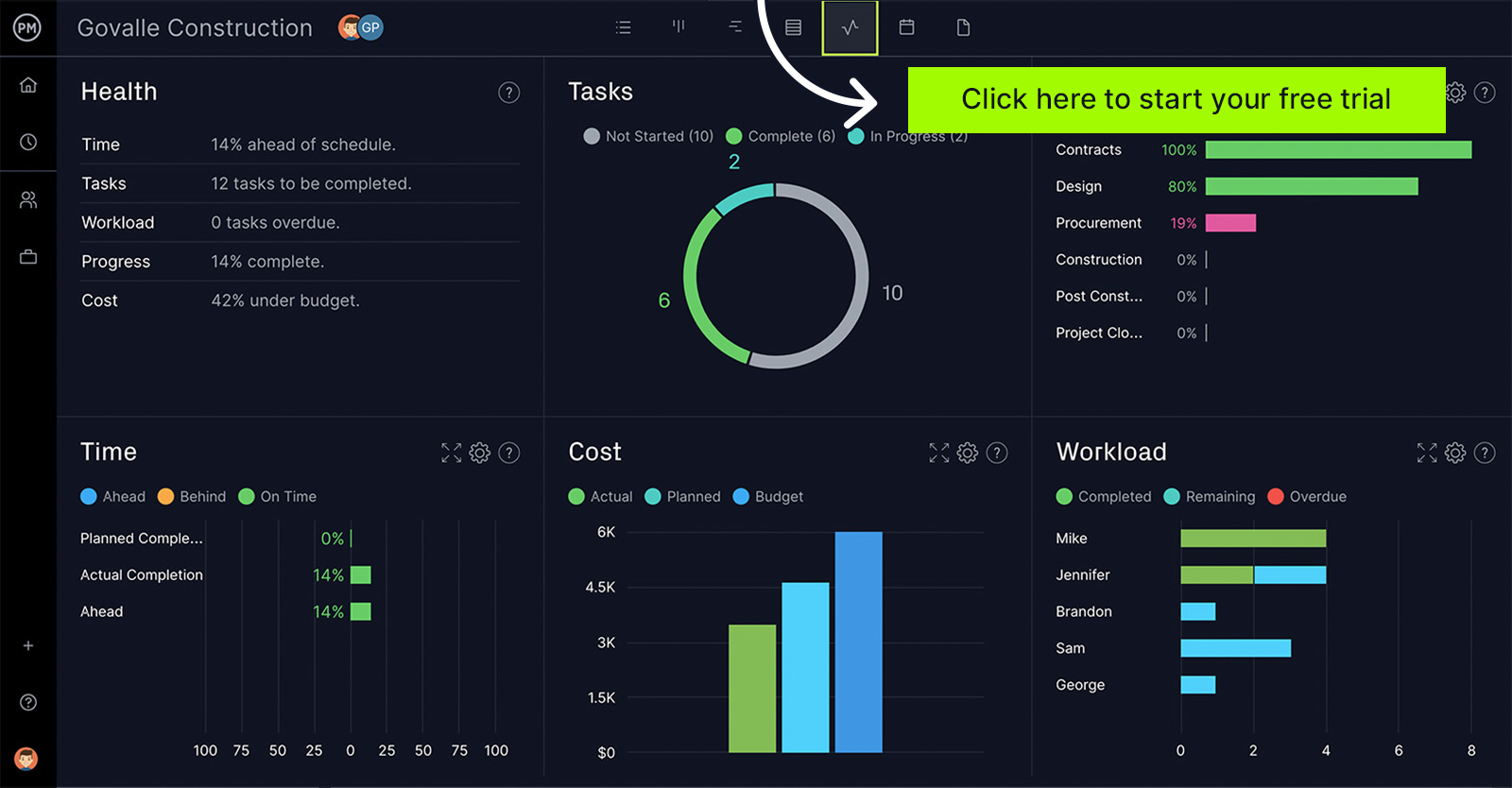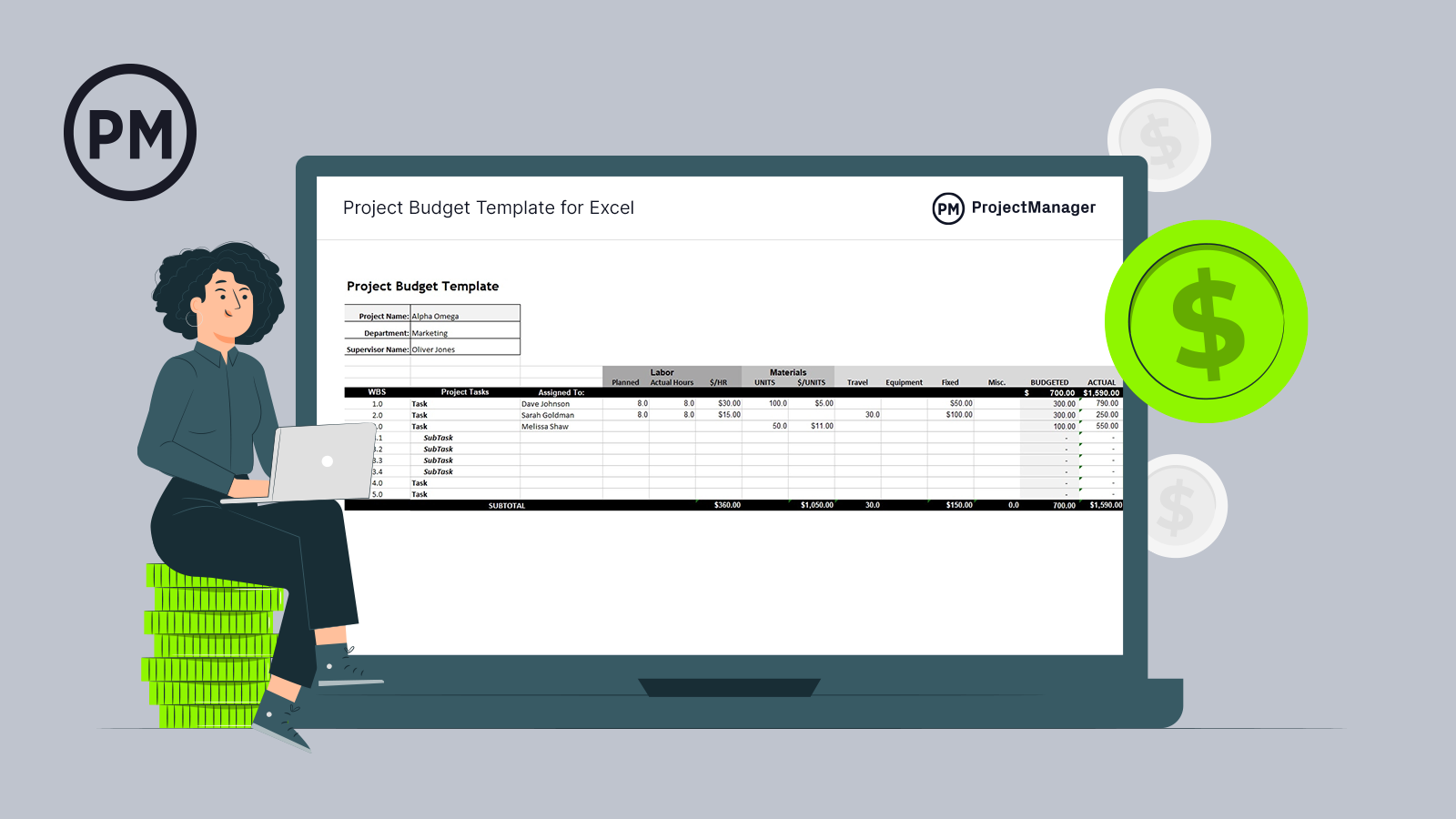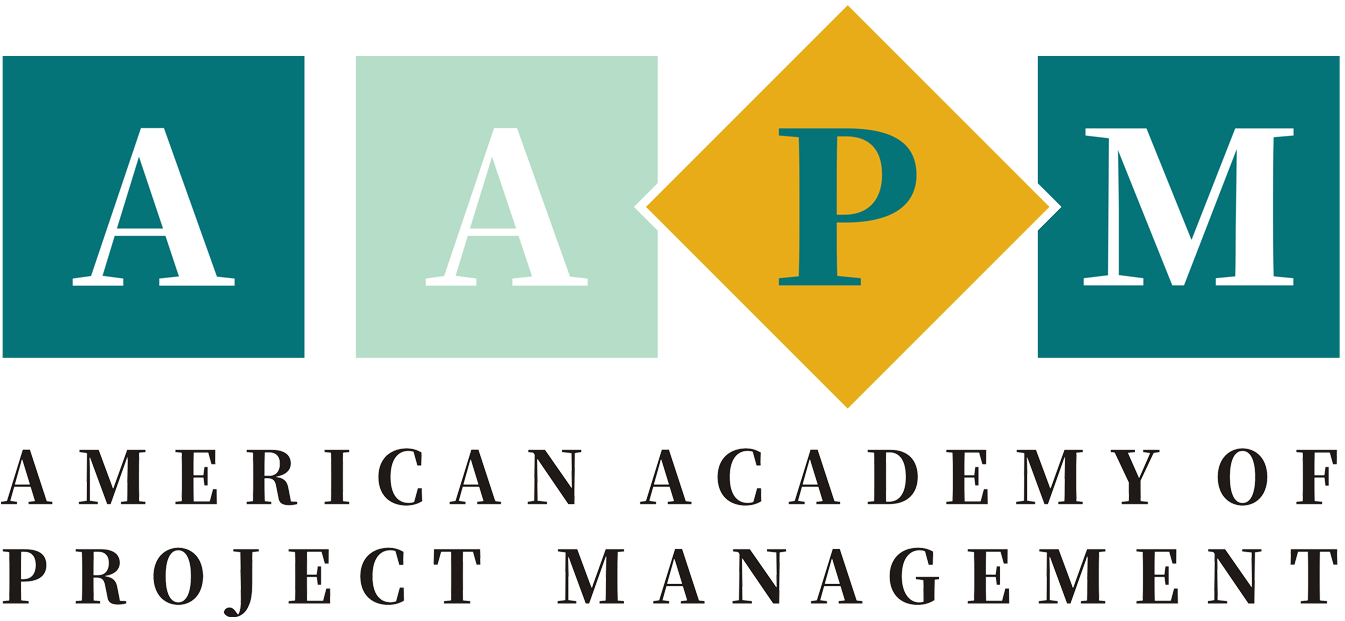Choosing the right certification and training program for your project management career is an important decision. That’s why we’ve compiled the best project management certifications of 2023. But before looking at them in more detail, let’s first define what a project management certification is.
What Is a Project Management Certification?
A project management certification is a test that validates someone’s project management skills, knowledge and practical experience. In most cases, issuing organizations usually offer an accompanying training or education program so candidates can prepare for the test.
Some organizations, such as the Project Management Institute (PMI), will ask you to meet some requirements to be allowed in the program, such as having a bachelor’s degree, months of project management experience or even another project management certification.
Completing those training programs and getting a project management certification has many benefits for your career, such as staying current with a discipline that’s always changing, keeping up with the newest technology and techniques and a higher project manager salary.
Once you complete your project management certification, you’ll need the right project management tools to manage your projects. ProjectManager is online project management software equipped with Gantt charts, kanban boards, task lists and more. Plus, it delivers real-time data when tracking projects to help project managers make more insightful decisions. Get started for free.
 ProjectManager offers multiple project management views for you and your team.Learn more
ProjectManager offers multiple project management views for you and your team.Learn moreBest Project Management Certifications for 2023
Before you make a decision, keep in mind that there’s no one-size-fits-all certification in project management. The best choice depends on your particular needs. for example, a program manager and a project manager need different skills, training and different project management certifications.
In this list, we’ve compiled choices from the top project management certifications providers, such as the project management institute (PMI), Axelos and Google. These organizations offer a variety of certifications that focus on different project management methodologies such as agile or scrum, or specific project management knowledge areas such as project scheduling, resource management or risk management. We hope you find the one that best suits your needs.
1. Certified Associate in Project Management (CAPM)
PMI administers many of the certifications in our field, including the Certified Associate in Project Management (CAPM). This is the first step in your certification journey. It doesn’t require much more than a high-school diploma or equivalent and at least 1,500 hours of project management experience or 23 hours of project management education. It gives you the basics and is a way to differentiate yourself from others trying to break into the business.
2. Project Management Professional (PMP)
Again, managed by PMI, the PMP certification is a rigorous and thorough test that covers all aspects of project management. From the triple constraint of time, cost and scope, to every phase of the project from initiating, planning and executing to monitoring, controlling and closing, it shows you’re a qualified project manager.
The exam is based on PMI’s Project Management Body of Knowledge (PMBOK) and requires a high-school degree or equivalent, 60 months of experience managing projects and 35 hours of project management education or a Certified Associate in Project Management (CAPM) certification. If you have a four-year degree, however, you can qualify with only 36 months of project management experience.
3. Program Management Professional (PgMP)
This certification is geared toward project managers who wish to become program managers. Program management requires expertise in areas such as resource management, project planning and risk management.
This certification tests your ability to allocate resources over multiple projects, track multiple project timelines and make strategic decisions for your organization to successfully manage multiple projects simultaneously.
4. Portfolio Management Professional (PfMP)
Similar to the program management professional (PgMP) certification, the portfolio management professional (PfMP) is a project management certification for experienced project managers. If you’re ready to go from managing projects and programs to full project portfolios, this certification is for you.
Portfolio managers excel at prioritizing and coordinating the execution of projects and programs to achieve the strategic goals of their organization. This requires excellent analytical skills and thorough knowledge of project management methodologies, techniques and tools.

GET YOUR FREE
Project Budget Template
Use this free Project Budget Template for Excel to manage your projects better.
Download Excel File5. Agile Certified Practitioner (ACP)
This certification is geared toward project management professionals who wish to validate their knowledge of agile project management. The test measures your overall understanding of an agile framework and your knowledge of different agile project management methodologies such as scrum, kanban, lean and extreme programming (XP).
6. CompTIA Project+ Certification
Another entry-level certification, but with fewer requirements than CAPM, CompTIA Project+ is recommended for people who’ve had one year of managing a small- to medium-sized project management experience. With this certification, you’ve opened the door to a career in project management, having learned the knowledge and skills needed to lead a project to a successful end.
7. Associate in Project Management (APM), Professional in Project Management (PPM) and Certified Project Director (CPD)
All three tiers of certification are offered by the nonprofit Global Association for Quality Management (GAQM), APM covers a broad spectrum of project management skills at the entry-level and requires no experience. PPM is the next level up, targeting experienced project managers with some formal management experience. CPD is exclusively for professionals who have significant experience in the field. It’s suited for complex projects and focuses on managing, budgeting and scope when working on multiple projects.
8. Certified Project Management Practitioner (CPMP)
You don’t need any experience to take CPMP certification, but it’s recommended to take the three-day preparation course for the exam. Proctored by the EC-Council, an organization formed after 9/11 to deal with cyberterrorism, CPMP crosses many methodologies and types of projects, usually more complex ones, and is recommended for project managers looking to add value to their already established skillsets.
9. Master Project Manager (MPM)
The MPM certification is handled by the American Academy of Project Management (AAPM) and is recognized around the world. It requires three years of project management experience, though waivers are available for those with a qualifying master’s degree. The program is best for those who work in business and technical professions.
10. Certified ScrumMaster
Scrum is part of Agile, which has become a standard in IT projects. It’s used in software development by small teams of developers who work in short “sprints.” The Certified ScrumMaster (CSM) certification, a great way to get started in the discipline, is offered by the nonprofit Scrum Alliance. It teaches you how to properly work in Scrum, its values, practices and applications. To get certified as a Scrum Master you first must have some knowledge of Scrum.
11. PRINCE2 Certification
PRINCE2 is an acronym for Projects in Controlled Environments. It was developed in England and is more common in Europe, where it’s used by most governmental organizations. The certification is provided by AXELOS, a joint venture between the UK and Capita, which trains participants in directing, managing and delivering projects from initiation to close. There are two certifications available, PRINCE2 Foundation and PRINCE2 Practitioner. The former is an entry-level certification on basic project management terms and methods, with the latter for more advanced project managers who have already passed PRINCE2 Foundation.
12. Project Management in IT Security (PMITS)
Like CPMP, PMITS is operated by the EC-Council and focuses exclusively on managing IT security projects. Candidates need at least two years of project management experience, plus, preferably, a bachelor’s degree or higher. There’s an EC-Council training program offered before the exam, which is recommended.
ProjectManager Is a Dynamic Project Management Software
Certification shows employees and clients that you have the skills it takes to deliver projects successfully. Skills applied with the right tools are even more insurance that the work is being done right. ProjectManager is online project management software that’s flexible enough to serve project, program and portfolio managers who work in traditional waterfall methodologies, agile environments or even hybrid methodologies.


